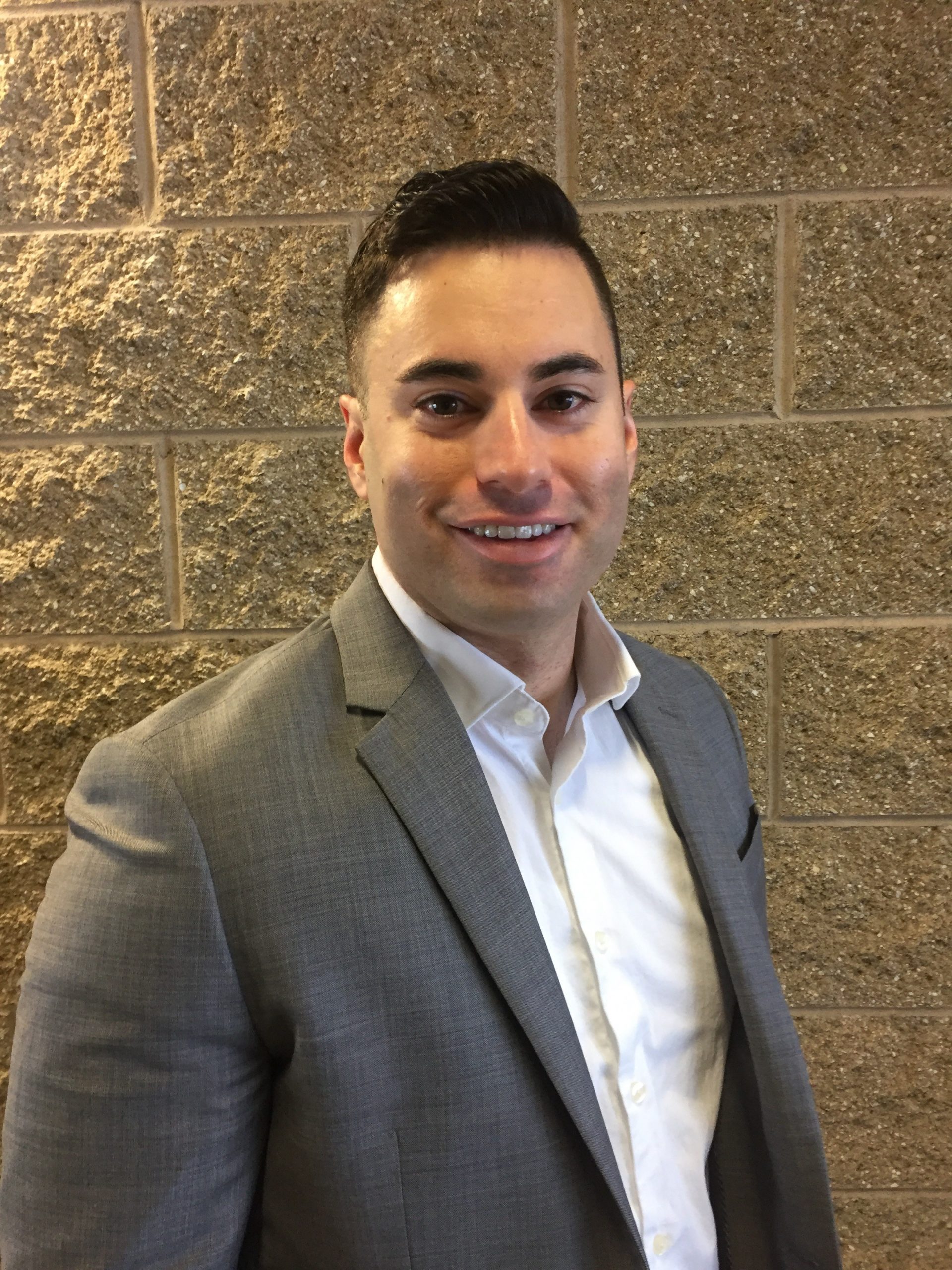Addiction, also known as substance use disorder (SUD), is a devastating condition that affects millions of people around the world. Despite what the stigma suggests, this is a chronic and relapsing medical condition and not a moral failing. It is characterized by the compulsive intake of harmful substances even when the person is already suffering from its effects.
Since this is a sensitive topic for addicted individuals and their loved ones, promoting addiction treatment comes with unique challenges and ethical concerns. Treatment facilities and professionals need to carefully navigate the market while using the right strategies to reach those in need of their services.
Today’s digital landscape makes it easier than ever to access information regarding addiction and treatment. But what exactly is addiction treatment advertising and how does it work? This is what we are going to explore here today.
The Importance of Marketing in Addiction Treatment
Marketing is critical in any field, but in addiction treatment, it can be a matter of life and death. In this industry, it’s not just about raising awareness about available services but also shaping public perception of addiction as a disease that requires professional help.
Addiction treatment facilities aim to connect with people who need their services, and effective marketing helps them achieve that goal. With the right marketing strategies, they can ensure that addicted individuals can get access to these life-changing services.
A good marketing strategy can help rehab centers stand out, attract qualified leads, and build trust in their brand. It also educates the public, helping to dispel myths around addiction and highlighting the importance of seeking help.
Done right, it can convince more people to accept the fact that they have a drug problem and take that crucial first step toward recovery. Remember that marketing in addiction treatment isn’t about filling beds but building a community and serving those who may otherwise be overlooked or unable to find the resources they need.
In this fast-paced industry, addiction treatment marketing allows centers to communicate their programs, facilities, and success rates. Ultimately, they will be able to ease people’s fears about going to rehab so that they no longer feel ashamed or guilty about their condition.
Challenges in Addiction Treatment Marketing
Marketing addiction treatment services is complex, and there are various hurdles that organizations face, particularly around ethics and legality.
Ethical Considerations
Rehab centers need to make sure that their marketing efforts uphold the dignity and rights of those who are seeking help. Misleading claims about the efficacy of treatment or using sensationalized narratives should be avoided as these can harm vulnerable populations. At the same time, this will damage the credibility of your services.
Ethical marketing practices require a commitment to providing accurate, evidence-based information that genuinely supports the recovery journey.
Avoiding Exploitative Tactics
To effectively market addiction treatment services, rehab centers must be vigilant in avoiding exploitative tactics that prey on addicted individuals. Dealing with a substance use disorder is difficult enough.
Avoiding exploitative tactics means steering clear of fear-based messaging. It also means acknowledging the complexities and realities of recovery without overselling the benefits of treatment.
Marketers should instead focus on compassionate communication that emphasizes support, understanding, and realistic outcomes. This will foster a sense of trust and empowerment among potential clients.
Transparency in Offerings
Transparency is another crucial factor in addiction treatment marketing. Since fostering trust between your treatment facility and potential clients is one of the main goals of marketing, you need to be transparent with your offerings.
Treatment centers must clearly outline their services, methodologies, and associated costs to ensure potential clients can make informed decisions.
This transparency helps demystify the treatment process, allowing patients to understand what to expect and alleviating their fears. By being upfront about their service offerings, organizations can build a positive reputation while enhancing client engagement.
Respect for Privacy
Finally, respecting the privacy of individuals seeking treatment is very important in ethical marketing. You need to handle personal data with care and ensure that your marketing efforts are not compromising the confidentiality of clients. This includes obtaining consent before using testimonials or case studies in promotional materials.
By prioritizing client privacy, addiction treatment providers can create a safe environment that encourages people to reach out for help without fear of judgment or exposure.
Legal and Regulatory Challenges
Given the vulnerabilities involved, addiction treatment advertising is subject to regulations by the FTC, SAMHSA, and in some cases, state-level agencies. Misleading claims and unlicensed services are prime legal issues:
Honest Representation
Marketing must avoid overstated or misleading claims about treatment success. Statistics must be backed by real, verifiable data.
Accurate Credentials and Licensing
Regulatory bodies require that addiction treatment facilities be transparent about the qualifications and credentials of their staff. Misinforming potential clients on this front can lead to serious penalties.
Compliance with Digital Advertising Policies
Platforms like Google and Facebook enforce strict guidelines for addiction treatment ads. For instance, Google’s certification process for addiction treatment advertising helps ensure that only legitimate providers appear in ads.
Strategies for Effective Marketing
With these considerations in mind, there are several ways to promote addiction treatment services responsibly and effectively. Here are some strategies:
Content Marketing
Content marketing is all about creating valuable resources that address the needs of people seeking treatment. This could include blog posts, eBooks, videos, and podcasts. Content can educate, provide hope, and reduce stigma, making it an invaluable tool in the marketing toolkit.
Producing high-quality, informative content can position a center as a thought leader in the addiction recovery space. This makes it more likely that your target audience will trust you enough to give your facility a visit and even sign up for your programs.
By providing valuable information, centers can not only attract organic traffic but also build trust with potential clients and their families.
Blog Posts and Articles
Blog posts on topics like “how to choose an addiction treatment program” or “signs a loved one needs help” offer guidance to those at different stages of their journey.
Video Content
Video testimonials and educational videos can resonate deeply. These can be shared across platforms like YouTube and social media to maximize reach.
Guides and Checklists
Detailed guides or checklists that help people understand their treatment options, insurance requirements, or questions to ask during intake can make the search for help less overwhelming.
Search Engine Optimization
Content marketing goes hand-in-hand with search engine optimization or SEO. SEO itself is one of the most powerful strategies in this digital age as it allows treatment centers to optimize their website and content to improve their visibility on search engines like Google.
SEO is all about researching and utilizing the right keywords so that your website can be seen by more people who are looking up those keywords online. Used correctly, you can reach your target audience exactly when they are searching for rehab centers near them. For example, you can find ways to implement keywords like “addiction treatment”, “rehab”, and “substance abuse recovery” into your pages organically.
SEO also involves ensuring that the site is technically sound. Fast loading times, mobile-friendliness, and secure connections (HTTPS) are critical elements that search engines prioritize.
Additionally, local SEO is essential for treatment centers, as many people seek addiction services that are closest to them. This includes optimizing your Google Business Profile (GBP), encouraging client reviews, and utilizing local keywords to drive foot traffic.
Moreover, link-building strategies, such as guest blogging and partnerships with local health organizations, can improve domain authority and enhance the center’s overall SEO performance. Just remember that SEO is a long-term strategy, and you cannot expect it to produce results overnight.
PPC Advertising
Search engine optimization is a powerful tool when used correctly. However, as we mentioned, it takes a long time for it to produce results since all of your competitors are implementing the same strategies and using the same keywords.
Pay-per-click (PPC) advertising is a good way to reach a broader audience much faster. It is the perfect way to complement your existing organic efforts. With it, you can reach potential clients who are actively searching for help.
One of the primary advantages of PPC is its ability to target specific demographics and locations. By using platforms like Google Ads, treatment centers can create tailored campaigns that target keywords relevant to addiction treatment like “drug rehab near me” or “alcohol recovery programs”.
This targeting ensures that ads are shown to those who are most likely to need these services, increasing the chances of conversion. Additionally, with geographic targeting options, centers can focus on their immediate community or expand their reach to neighboring areas, ensuring they attract clients from a wider audience.
To make the most out of PPC advertising, you need to continuously optimize and analyze your ad performance. Regularly review metrics such as click-through rates (CTR), conversion rates, and return on investment (ROI) to refine their campaigns.
A/B testing different ad copy, landing pages, and bidding strategies can also help identify what resonates best with your potential clients.
Keep in mind that incorporating emotional and empathetic messaging in the ad content can enhance the effectiveness of the campaigns. Highlighting success stories, compassionate care, and the benefits of seeking help can create a strong connection with those in need.
Social Media Marketing
Digital marketing is all about using the right platforms to promote your services and reach as many people as possible. This means being on the same platforms that they are using.
Social media marketing is a vital strategy since a lot of people are spending their time on these platforms. If you publish your content on social media, there is a bigger chance that it will be shared by people and reach your potential clients.
Social media even facilitates community engagement since your audience can leave comments and messages.
Utilizing platforms like Instagram and Facebook, treatment centers can share visual content that highlights their facilities, staff, and the supportive environment they provide. Engaging storytelling can further demystify the treatment process and reduce the stigma surrounding addiction, encouraging potential clients to reach out for help.
Collaborations with recovery influencers who have personal experiences can also amplify reach and authenticity. Overall, a strategic and compassionate social media presence not only raises awareness but can also drive conversions, leading to more individuals receiving the help they need.
Building Brand Trust
In an industry where trust is paramount, addiction treatment centers need to establish credibility and reliability in their messaging.
Showcase Testimonials and Success Stories
Testimonials from clients and families help to validate the center’s effectiveness. For privacy reasons, it’s best to share these with consent and, if possible, keep them anonymous.
Transparent Information
Transparency about costs, program offerings, and outcomes can create a sense of openness and honesty. The less people feel they’re being “sold” something, the more likely they are to trust the organization.
Highlight Certifications and Accreditations
Displaying logos for certifications and accreditations like CARF or LegitScript builds credibility and provides assurances of quality care.
Work with MasterMindSEO
Addiction treatment advertising and marketing require a careful balance between connecting with those in need and adhering to ethical and legal standards. Effective strategies should focus on transparency, empathy, and building trust. By doing so, addiction treatment centers can not only attract clients but also contribute to a more positive and supportive dialogue around addiction recovery.
When marketing is done right, it can have a powerful impact—helping people find the courage to seek help and starting their journey toward recovery. The key to success is understanding your audience, crafting messages that resonate on an emotional level, and providing clear, actionable steps toward hope and healing.
And because social marketing has become such an indispensable tool for addiction treatment centers, it is important to work with a company you trust.
MasterMindSEO has experience in performing digital marketing campaigns for e-commerce, national, regional and local businesses. Email or call and we will be happy to see how we can help your center get more leads and help more patients!
Ready to take your addiction treatment SEO to the next level? Want to rank your detox center on Google Maps? Let MasterMindSEO help you.
[button color=”undefined” hover_text_color_override=”undefined” url=”https://bookme.name/MasterMindDBS” text=”Get More Admits!” color_override=””]

